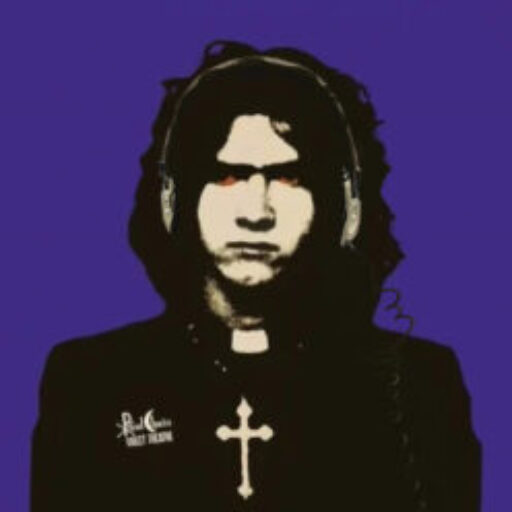A Beauty in Despair: 30 Years of Draconian Times
There are albums that stay with you long after the music fades. Albums that do not simply fill a room but settle into the corners of your life. Draconian Times by Paradise Lost, released on June 12, 1995, is one of those albums. It carved out a space in the heavy music landscape with its melancholic grandeur, and over the years it became something more personal. A companion in solitude. A voice that knew how to speak when words were too heavy to carry.
This was not just an album that helped define gothic doom metal in the 90s. It helped define how it felt to survive in a world that never seemed to understand people who carry sorrow like a second skin. For thirty years, Draconian Times has stood as a monument to those who found beauty in sadness and clarity in chaos.

For fans in Israel, this connection runs deep. Paradise Lost was never a distant legend. They came here, often, quietly and without fuss. There was no need for spectacle. Just presence. They showed up. Theirs was a familiarity built through years of trust. You knew the music, you knew the faces, and you knew you would see them again.
In 2023, we were meant to see them once more. A show was announced in Tel Aviv, and the anticipation returned like an old friend. But the days darkened in early October. War erupted. The show was postponed, and since then it has lingered in uncertainty. It still exists somewhere in the air, like a chord that hasn’t resolved. We don’t know when or if it will happen (and it probably won’t), and that absence has grown into something much larger than a date on a calendar.
In that silence, the songs have returned to us in a different way. The album now feels like it has absorbed the years, the violence, the waiting. It sounds wiser, more worn, but still deeply human.
“Enchantment” begins the record with a slow and ominous pull. The guitars rise like a fog, and Nick Holmes does not plead or rage. He recites pain like someone who has learned to live with it. There is control in his voice, but also resignation. The song speaks of obsession and loss, but never begs for rescue.
“Hallowed Land” follows with a kind of sacred mourning. The chorus towers above the verses, and the lyrics feel prophetic. It is a song for people who believe something has been taken from them without explanation. It doesn’t cry out. It simply tells the truth, plainly and without apology.
Then comes “The Last Time”, the most immediate track on the album. It is brisk, even catchy, but the surface hides something sharp. There is a bitterness in the melody, like a smile that knows it’s been forced too long. It questions everything.
“Forever Failure” drags us into darker territory. The tempo slows, and a voice from an interview with Charles Manson creeps in. It is not there to shock. It is there to remind us how thin the line is between delusion and clarity. The song captures the moment when strength turns to exhaustion. Not in a dramatic way, but like the last flicker of a match before it disappears.
The middle of the album holds some of its most bruising material. “Once Solemn” speaks with measured rage. “Shadowkings” sounds like an incantation for a world ruled by cold hands and hollow thrones. There are no wasted moments, no indulgences. Even Greg Mackintosh’s clean guitar lines sound like they were carved from something sharp and necessary.
Near the end, “Yearn for Change” offers a moment of inward reflection. Its lyrics feel painfully honest. Change is something we often long for but rarely achieve. In times like these, when so many of us feel stuck in cycles we did not choose, the song lands with a quiet force.
Draconian Times’ best spot is the coherence of the mood. The steadiness of the voice. The refusal to pretend that things are easier than they are. It tells you the truth in a way that feels strangely protective.
And this is why the bond between Paradise Lost and their listeners in Israel has always felt different. They offered music that reflected our inner lives, even before the outer world started to match it. They did not chase trends. They stood firm. And when they performed here, it was more than entertainment. It was recognition.
The postponed concert still hovers. It has taken on the weight of something symbolic. It represents the broken line between what was planned and what became impossible. When it finally happens, if it happens, it will not be a regular night. It will carry the memory of what was lost in the meantime. It will be a gathering of people who remember how it felt to lose their footing, and who found their way back through sound.
Today, thirty years after Draconian Times first entered the world, we return to it once again. Not out of nostalgia, but because it still meets us where we are. Still speaks to the wounds we carry and the strength we learn from them. The album remains what it always was: unflinching, graceful, and deeply human. And we are still listening.



